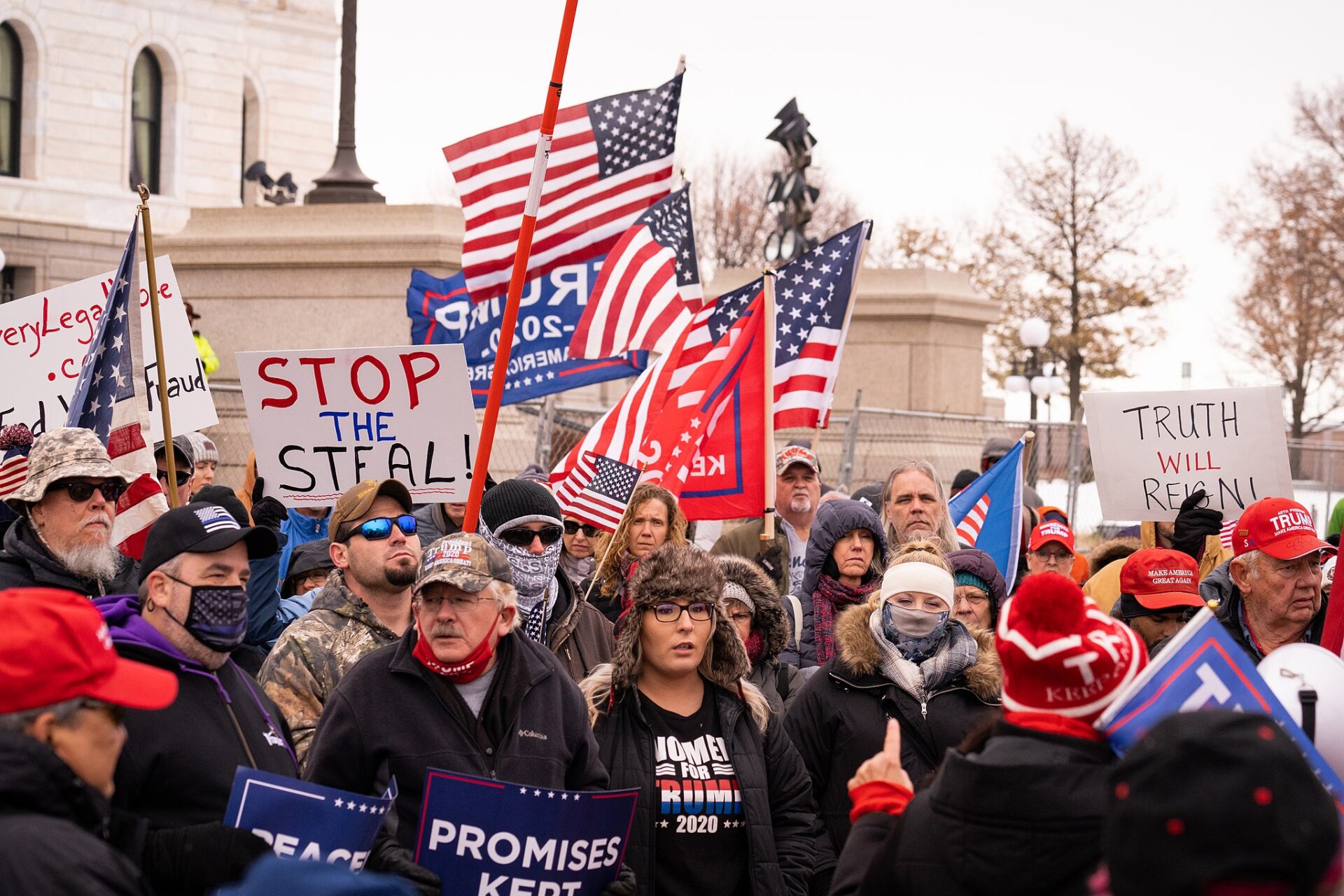Kevin T. Morris of the Brennan Center for Justice and independent scholar Ian Shapiro have written a study called “On Fertile Ground: How Racial Resentment Primes White Americans to Believe Fraud Accusations.” As the title suggests, the work looks at how anti-Black racism animates conversations and convictions around voter fraud.
“White Americans face a democratic dilemma: do they remain committed to electoral democracy, beneficial as it has historically been for them?” the authors write. “Or abandon it in the face of gains from nonwhite Americans? We argue that ‘fraud’ allows them a way out: they can reject specific democratic outcomes, while remaining committed to democracy as an ideal.”
The authors explain that “Stories that insinuate fraud was perpetrated by racial minorities are buoyed by several factors. They are consistent with racial stereotypes about criminality, appeal to those harboring racial animus, and are psychologically convenient in that they allow whites to reject short term outcomes while maintaining confidence in a political system that has benefited them over time. By focusing accusations of fraud on Black individuals and municipalities, elites made their claims more believable to a white audience.”
The authors believed that these “racialized accusations of fraud leading up to and especially following the 2020 election” opened a pathway for white American to dispute electoral results despite not casting the entire electoral system as illegitimate. They set out to test this assertion in three studies.
They explored what kind of municipalities were mentioned on Twitter alongside voter fraud and found that, besides population, the size of a city’s Black population was “the only significant predictor” of how often that city was linked to the term “voter fraud” on Twitter.
They used the panel structure of the 2020 Cooperative Election Study to show white respondents’ confidence deteriorated most after the election when accusations of fraud zeroed in on racialized municipalities. Then, “After demonstrating that racially resentful white Americans were likely susceptible to these claims, we use a survey experiment to test the relationship between racialized narratives and fraud belief in a causal framework. Manipulating the majority racial group of a fictional city, and the race of the chief election official working there, we show that accusations of fraud were more credible among white Americans when they were levied against Black-led municipalities.”
And when white Americans were presented with a Black official denying electoral fraud, they actually became more concerned about election insecurity.
The authors also remind their readers of the historical and political context for their study, writing, “it is no accident that the political content of crime in the United States is singularly racialized; since at least the 1960s, conservative elites have sought to tie Blackness to criminality in the public mind to justify policies undermining their electoral power.”





















